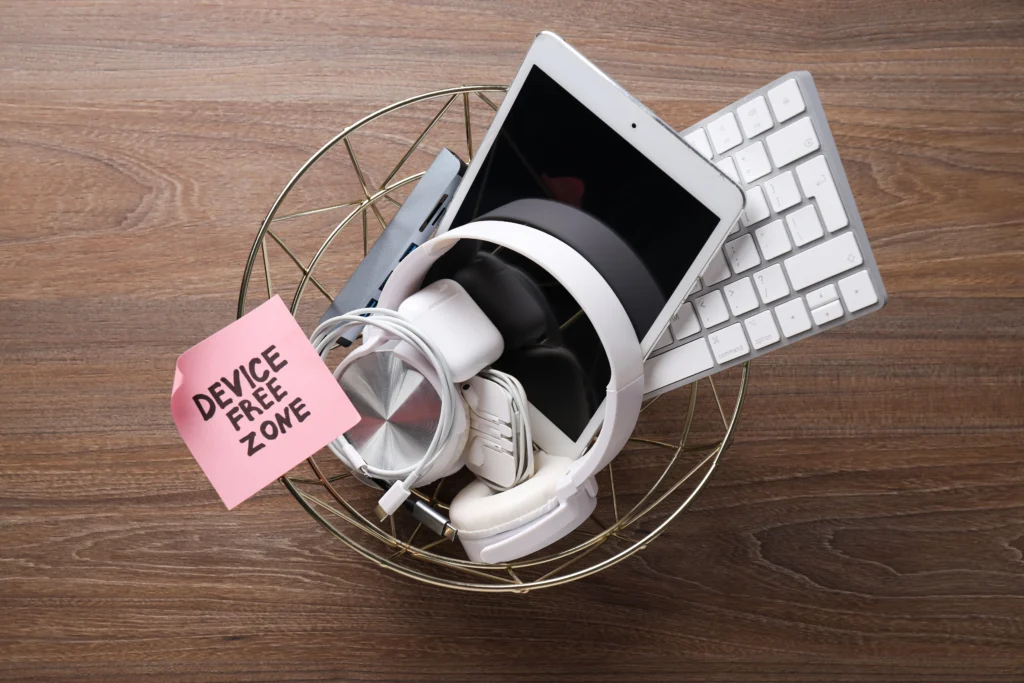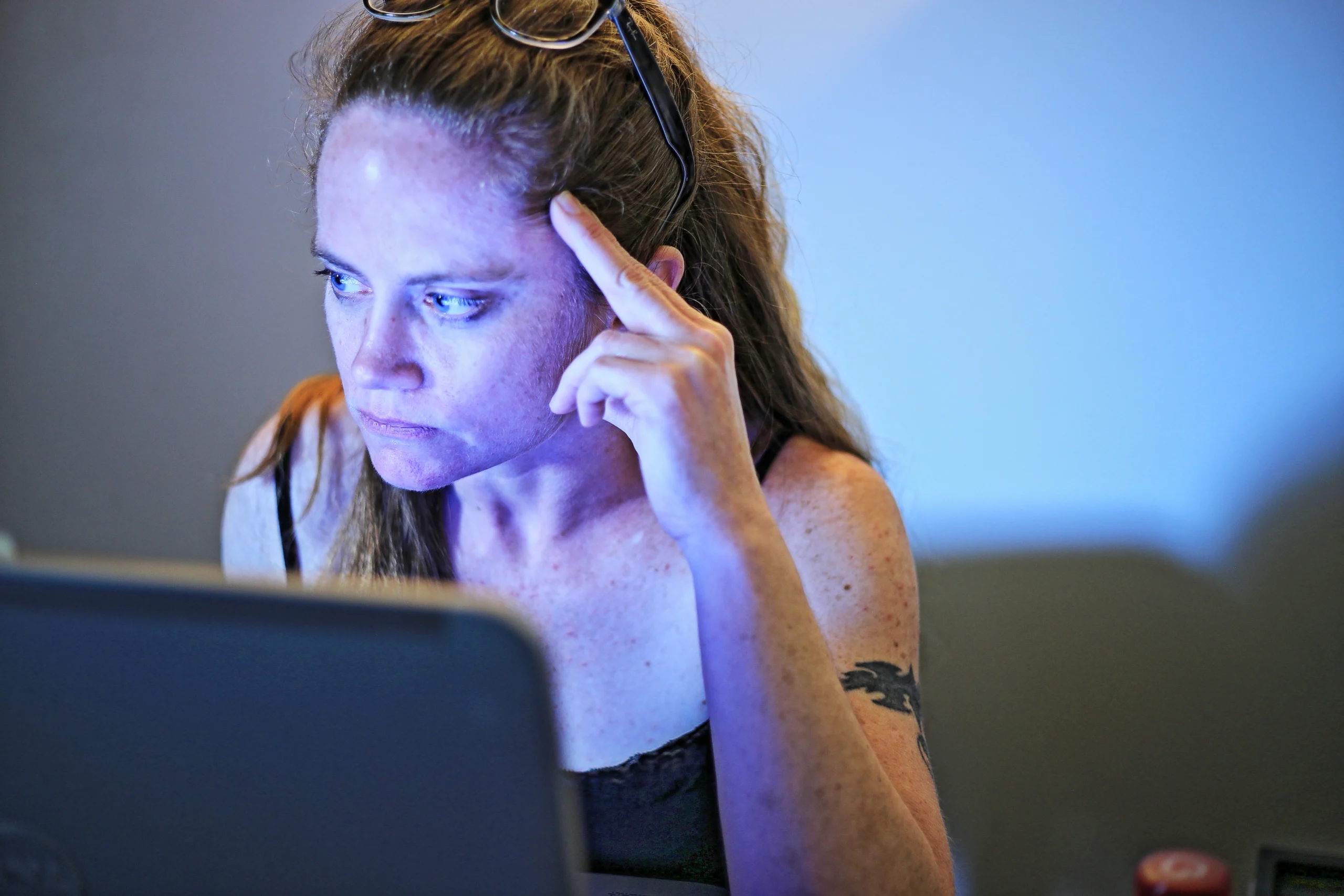Our lives are more connected than ever, but constant digital stimulation can come at a cost to our mental clarity, focus, and emotional well-being. Taking a break from screens—a digital detox—can help restore balance, reduce stress, and improve your relationship with technology. In this article, we’ll explore why digital detoxes matter and how to implement one effectively.
The Impact of Digital Overload
Too much screen time can affect your mental and emotional health in several ways:
- Disrupted sleep patterns from blue light exposure
- Increased stress and anxiety from constant notifications
- Reduced attention span and productivity
- Social comparison and self-esteem issues from social media
Detoxing from digital devices helps you reset and reconnect with the present.
Signs You May Need a Digital Detox
If any of the following sound familiar, it may be time to unplug:
- You check your phone first thing in the morning and last thing at night
- You feel anxious when separated from your device
- You scroll mindlessly and lose track of time
- You struggle to focus on real-life conversations or tasks
Recognizing these signs is the first step toward change.
Benefits of a Digital Detox
Taking intentional breaks from technology can lead to:
- Improved focus and concentration
- Better sleep and relaxation
- More meaningful relationships
- Increased creativity and inspiration
It also gives your brain a chance to rest and reset.
How to Plan a Digital Detox
You don’t have to go completely offline to see benefits. Start small and build up.
- Set a goal: Decide how long and which devices or apps you want to limit.
- Communicate your plan: Let others know if you’ll be offline for a while.
- Create guidelines: For example, no phone use during meals or in the bedroom.
- Prepare activities: Have books, puzzles, crafts, or nature walks ready.
Tips for Success
These simple strategies can help you stick to your detox:
- Use airplane mode or scheduled “Do Not Disturb” settings.
- Keep devices out of reach or in another room.
- Turn off non-essential notifications.
- Replace screen time with a new or forgotten hobby.
Incorporate Regular Detox Moments
You don’t have to wait for a full break to enjoy the benefits. Daily mini-detoxes can help too:
- Tech-free mornings or evenings
- Device-free meals
- Silent walks without music or podcasts
- Social media breaks on weekends
These moments help create a healthier relationship with your devices.

What to Expect During Detox
At first, you may feel bored, anxious, or disconnected—but this is temporary. As your mind adjusts, you’ll likely notice:
- More peace and clarity
- Deeper sleep and restfulness
- Greater presence in conversations
Embrace the discomfort—it’s a sign your brain is recalibrating.
Find a Balance That Works for You
A digital detox isn’t about eliminating technology altogether. It’s about using it intentionally so it enhances rather than hinders your life. By taking breaks and setting boundaries, you’ll regain control of your time, focus, and emotional health.
